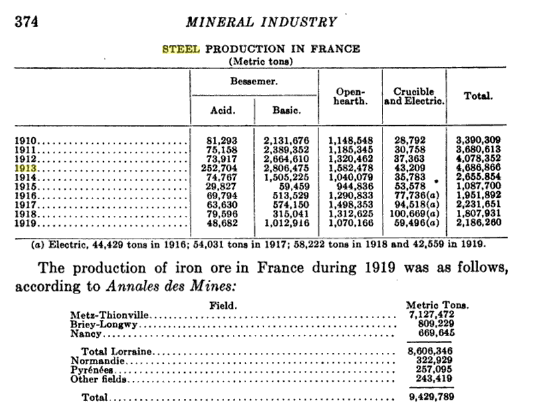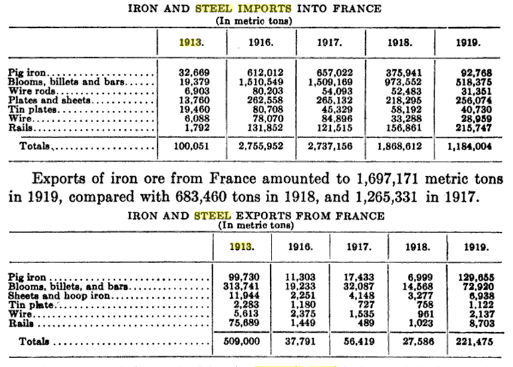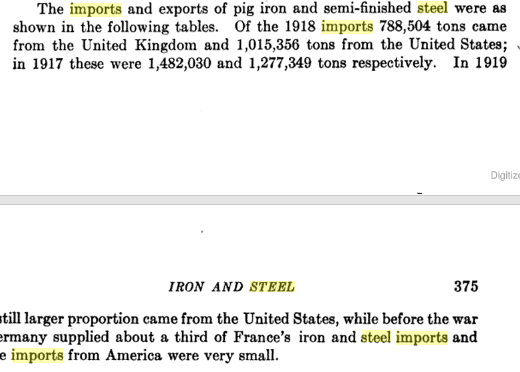You don't want riverine warfare and lacustrine warfare, since that's a field which the US has been prepared for since the ACW, and will have studied the mistakes they made on the Great Lakes in the War of 1812 to improve on them. If the treaties which demilitarise the Great Lakes are abrogated, the US will end up dominant (river monitors, lake warships, any other sort of craft meant for the Great Lakes, Lake Champlain, or the St. Lawrence River). If Britain and Canada focuses on that field, it will be at the detriment in other areas, since the US can pull other funds (for other US Navy warships) to such a key field like that area.
Philippines, possibly (Japan will help), Hawaii, yeah right (distance, local garrison, Graf von Spee's fleet, and the US Navy's Pacific assets will make it impossible), Puerto Rico, doubtful. Puerto Rico will only fall if Britain makes a huge commitment to the Caribbean, perhaps to defend Trinidad and keep Venezuela neutral. Even then, it won't be easy, and sooner or later the tide will turn and Puerto Rico will be retaken by the US along with every single Anglo-French colony in the Caribbean thanks to an expanding US Navy and the force of the US Marines. That will also keep Caribbean soldiers away from Western Europe, who along with the Canadians and Newfoundlanders, will make a notable absence in the Western Front.


